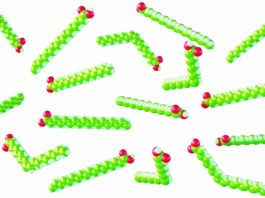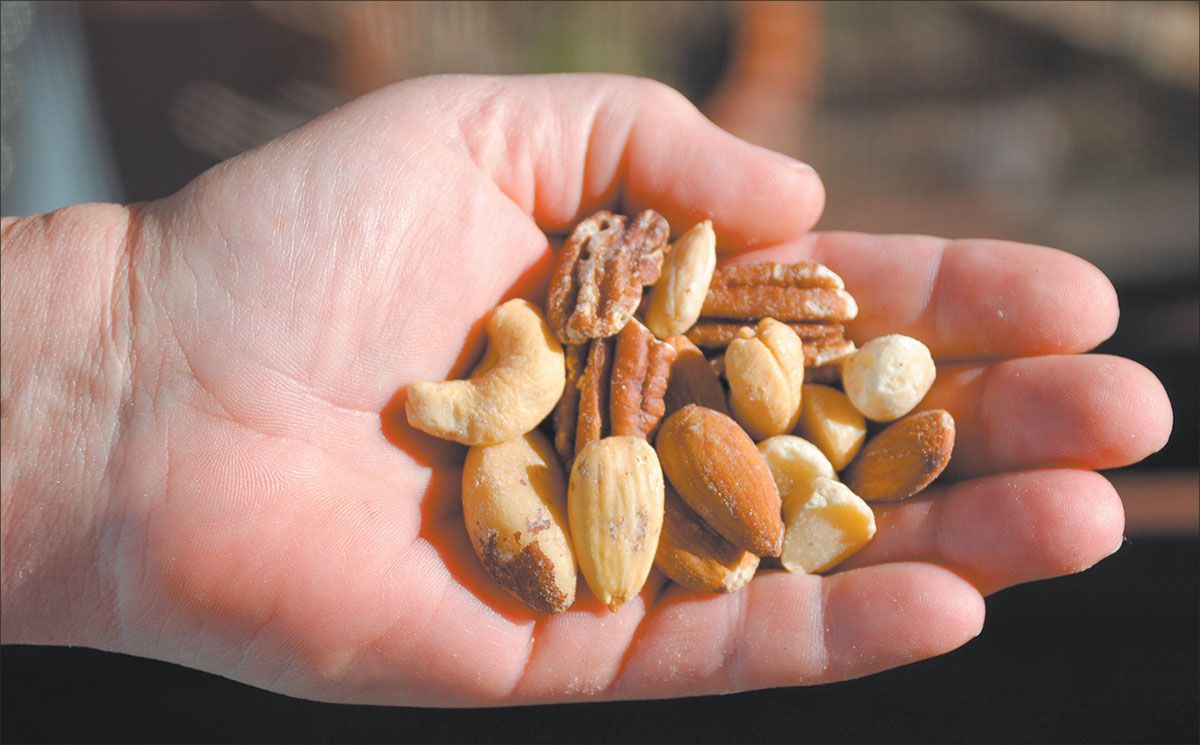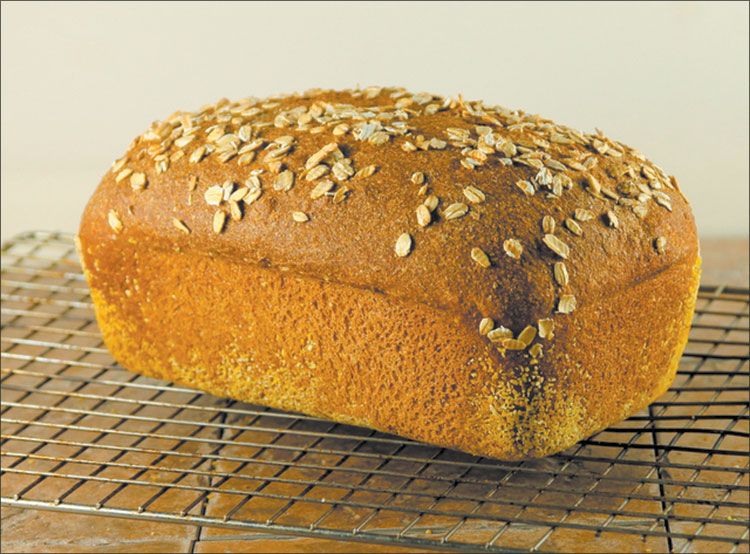Daily Handful of Nuts Linked to Lower Mortality Risk
Eating a daily handful of nuts-about one ounce or three tablespoons-could reduce your risk of dying from the most common causes of death. Results from the largest study of its kind, following nearly 119,000 men and women for up to 24 years, show that regular consumers of any type of nuts were less likely to die from heart disease, cancer and lung disease or from all causes than non-nut eaters. As frequency of nut consumption went up, mortality risk dropped.
Natural Labeling for GMOs Puts FDA in Middle
The US Food and Drug Administration (FDA) finds itself in the middle of the tussle over whether foods labeled as natural can contain genetically modified (GMO) ingredients. The Grocery Manufacturers Association is petitioning the agency to specifically authorize natural labeling on GMO products, such as those containing bioengineered corn, soy, canola or sugar. The trade association cited the proliferation of lawsuits challenging natural labeling, with 65 pending class-action cases across the country. At the same time, three federal judges presiding over such cases have asked the FDA to rule on whether GMO ingredients belong in natural foods.
Fessing Up on Unsafe Food Handling
When it comes to safe food handling for parties and other gatherings, Americans motto seems to be: Do as I say, not as I do.
Dietitians Predict Nutrition Trends
Look for more worries about wheat and increasing interest in ancient grains, kale, coconut oil and chia seeds as 2014 goes on. Thats the forecast from a survey of more than 500 registered dietitians conducted by Todays Dietitian and Pollock Communications.
FDA Extends Trans Fat Comment Deadline
Look for the next step in the FDAs proposed crackdown on trans fats to come this spring, as the agency extended its comment period on the rule to March 8. Late last year, the FDA proposed revoking the fats status as generally recognized as safe (GRAS), which would lead to a phase-out of trans fats in most food products.
Does Your Diet Deliver Too Much Phosphorus?
Phosphorus, a mineral found in foods such as meat and milk, is important for forming bones and teeth, making proteins for healthy cells, and transporting cellular energy. But too much of a good thing can be harmful among people with kidney disease, and a new study suggests excess phosphorus consumption is associated with increased mortality risk, even in people with normal kidney function.
Q. Are there actually health benefits from drinking yerba mat tea? What is yerba...
Q. Are there actually health benefits from drinking yerba mat tea? What is yerba mat, anyway?A. Diane L. McKay, PhD, an assistant professor at...
Q. My physician tells me that I am pre-diabetic, so I am very careful...
A. Anastassios G. Pittas, MD, professor of medicine in the Division of Endocrinology, Diabetes & Metabolism at Tufts Medical Center, responds: The quick answer...
Q. Ive read conflicting reports on the effects of alcohol on bones. Assuming one...
A. Katherine L. Tucker, PhD, a professor at the University of Massachusetts-Lowell and adjunct professor at Tufts Friedman School, answers: It has long been...
The Truth About the War on Wheat
If you believe the bestseller lists, the biggest bad in the supermarket aisles is not fat or sodium or sugar but wheat. Its not just the booming popularity of gluten-free products, which are important for the small percentage of people diagnosed with celiac disease but whose benefits for the general population are questionable. (For a full discussion of the pros and cons of gluten-free products, see our October 2013 Special Report.) Bestselling books have warned that wheat consumption is a key contributor to abdominal fat (wheat belly), as well as triggering diseases ranging from diabetes to autism, and that eating wheat is linked to Alzheimers, depression, headaches, epilepsy and ADHD.































